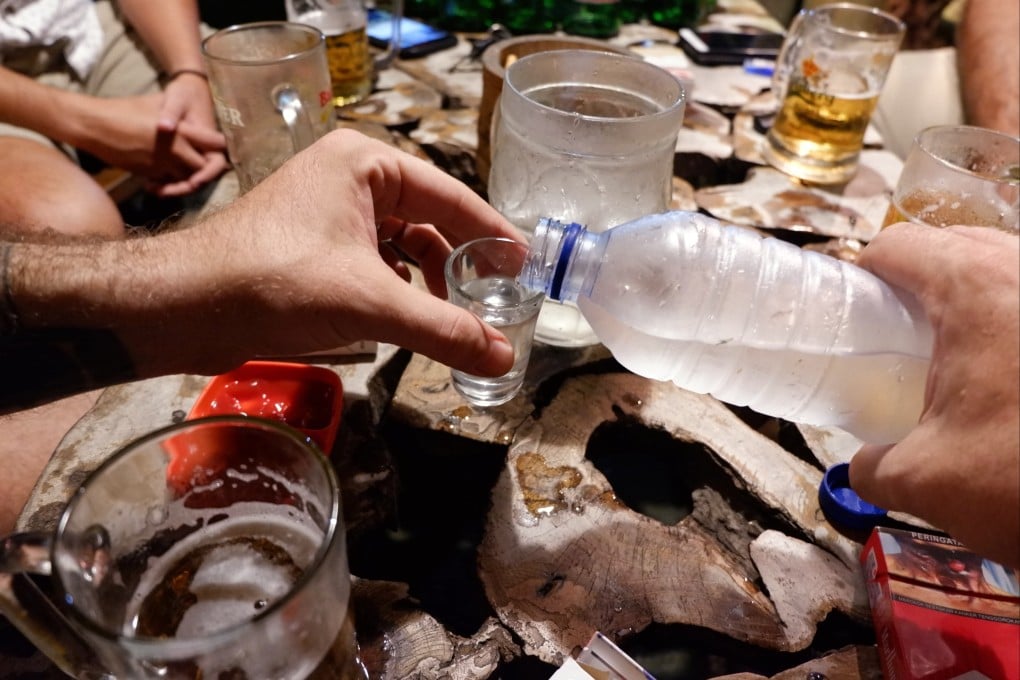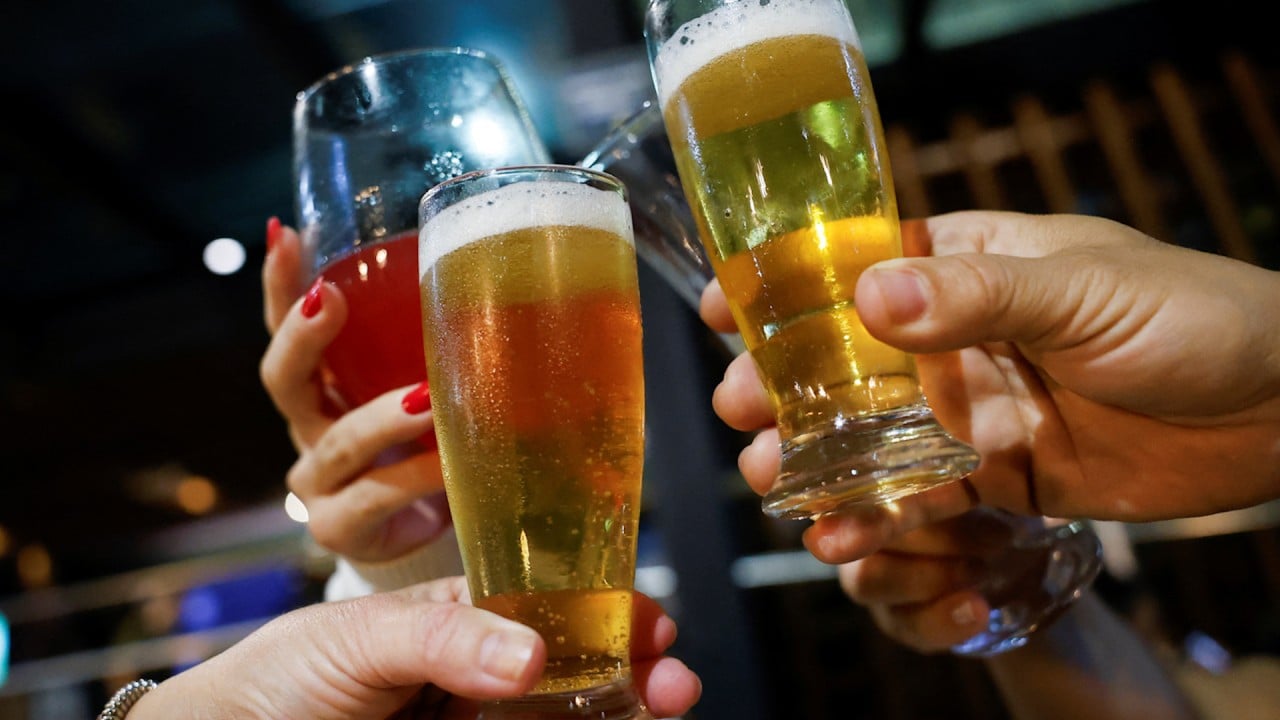Indonesia faces methanol poisoning crisis amid strict alcohol regulations, cultural stigma
The country’s limited access to legal alcohol drives many, especially young people, to seek cheap, illicit alternatives, often laced with toxic methanol

The Methanol Poisoning Initiative, a project by Médecins Sans Frontières and Oslo University, reports that Indonesia has recorded 329 methanol poisoning fatalities over the past two decades, making it the worst-affected country among 184 monitored.
However, Indonesia’s struggles with bootleg liquor are unique. As the world’s largest Muslim-majority nation, Indonesia imposes strict regulations on alcohol, making legal liquor both scarce and expensive. This scarcity pushes many, particularly young people, towards cheap, illicit alternatives or even to concoct their own home-made brews, analysts say.

